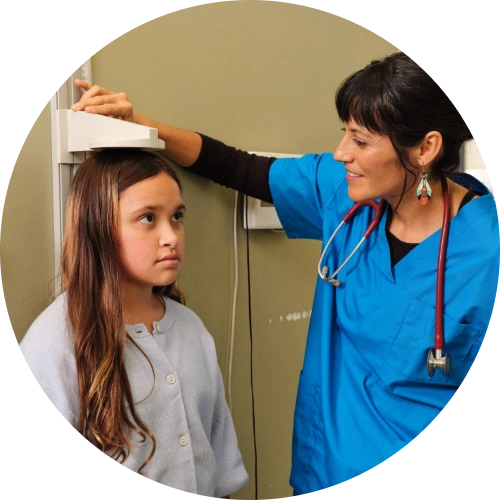What Is ADHD?

Attention-Deficit/Hyperactivity Disorder (ADHD) is a common neurodevelopmental condition that affects attention, impulse control, and activity levels. It can impact children, adolescents, and adults, and symptoms may vary in type and severity over time.
Quick Facts
- Condition type: Neurodevelopmental
- Common age group: Children and adolescents (often continues into adulthood)
- Treatable: Manageable with individualized care
- Emergency: No (urgent care only if symptoms significantly affect safety or functioning)
Symptoms of ADHD
Symptoms may differ by age and presentation, but commonly include:
- Difficulty sustaining attention
- Trouble following instructions or completing tasks
- Forgetfulness or frequent distraction
- Impulsivity or acting without thinking
- Excessive movement, fidgeting, or restlessness
- Difficulty with organization or time management
- Emotional regulation challenges (frustration, impatience)
Some individuals primarily experience inattentive symptoms, while others experience hyperactive-impulsive symptoms, or a combination of both.
Causes of ADHD
- Genetic influences
- Differences in brain development or function
- Prenatal factors (such as low birth weight or early exposure to certain substances)
- Environmental influences during early development
Symptoms of ADHD
- Family history of ADHD
- Premature birth or low birth weight
- Prenatal or early developmental factors
- Coexisting learning or mood conditions
- Environmental stressors during early childhood
- Consuming artificial food dyes*
Some studies have found that synthetic food dyes may be associated with neurobehavioral effects in some children, but have not establish direct causation.
Treatment & Management Options
ADHD treatment is individualized and may involve one or more of the following:
- Behavioral strategies, including organizational skills training and coping techniques
- Educational or workplace accommodations
- Counseling or behavioral therapy, particularly for children and adolescents
- Medication management, when clinically appropriate and closely monitored
- Lifestyle support, such as structured routines, sleep optimization, and physical activity
Treatment plans are typically adjusted over time based on age, symptoms, and response.
Specialties That Treat This Condition
What To Do Next?
If symptoms persist or interfere with daily life, a healthcare provider can help evaluate the cause and discuss appropriate next steps.
Medical Disclaimer: This content is provided for general educational and informational purposes only and does not constitute medical advice, diagnosis, or treatment. Conditions and treatment options vary by individual. Always consult a qualified healthcare provider regarding symptoms or medical concerns.



